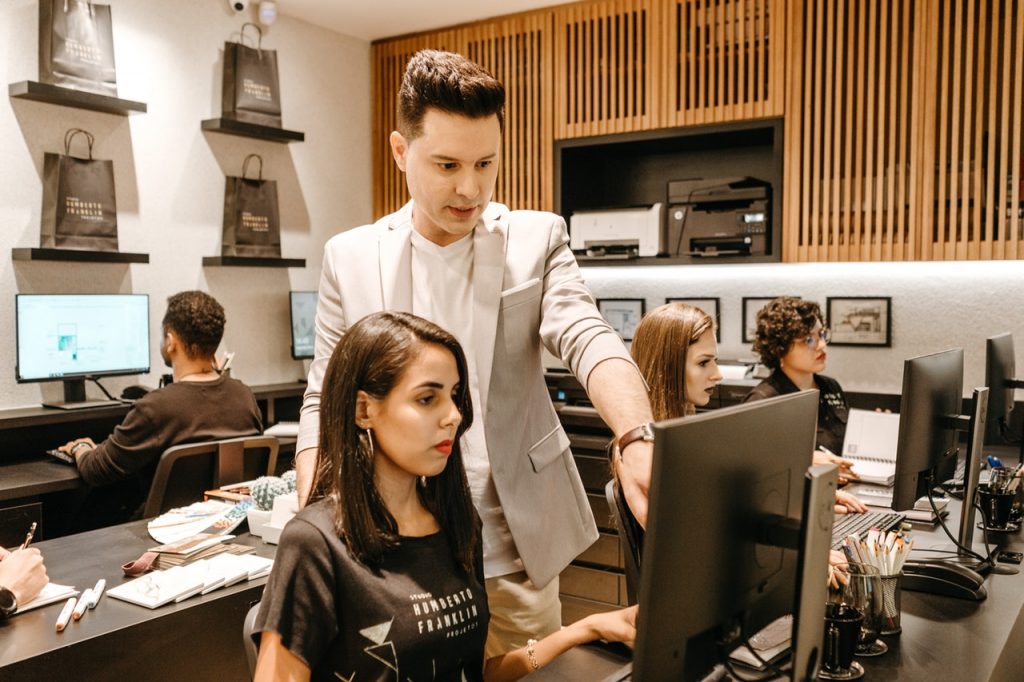If you had to sit for a job interview, chances are that you came across the much dreaded ‘What is your biggest weakness?‘ interview question. Although this can be a scary question to face, with the appropriate preparation, you can turn the odds in your favor.
Approaching the “Your Biggest Weakness” Interview Question
When presented with this question, we need to strike a balance between confessing our deep personality weaknesses and sounding too fake.
If we go for a confession approach when answering this question we may compromise our chances to get the job. As an example, if we apply for a project management position, we should not go for a “I am not good with time management” kind of response. Therefore make sure that you go for a weakness that is not essential to the job you are applying for.
Similarly, not sounding sincere at all and coming up with canned responses like “I tend to be a perfectionist” or “I work too hard”, will also compromise our chances to get the job.

When presented by this question, we need to demonstrate that we have a degree of honest self-awareness. And when doing so, we need to approach the conversation with a degree of positivity. As always, we need to make sure that body language reflect our talking. Being assertive and calm when discussing one’s weaknesses can actually put you in a very good spotlight.
Another important thing to keep in mind, when approaching this question is to make sure to say that you are working on your weakness. This can be in the form of self-development, training, or introspection.
The good news is that there are ways to actually capitalize on the answer to this question, making you stand out from other candidates. In this article we present the best responses for the ‘What is Your Biggest Weakness‘ interview question. Let us review some great responses:
Top 4 Answers for the “Your Biggest Weakness” Interview Question
1. Delegating Responsibility

Saying something like “I can get frustrated when relying on others to carry a task because I am self-sufficient and self-motivated” is a very good response, especially if you are being interviewed for a job that requires you to be independent and getting on the ground quickly.
Tip: Do not use this response if you are applying for a team leadership role. This response is ideal for engineering and technical jobs.
This kind of response shows that while you acknowledge that you can get impatient to work with others in the same team, the manager can rely on you to execute a task to completion.
2. Timid in Providing Feedback

One can use a response along these lines: “I can shy away from criticizing or providing feedback to my co-workers and managers because I am afraid that they might get offended. However I am learning on improving by using the right techniques such as finding the right time and place when providing with feedback. Additionally, I think that my timid nature can be assertive and my feedback can be perceived as constructive.“
This is a valid response because one is being perceived as emphatic enough to understand that feedback in the wrong time and place can actually be interpreted negatively and hurt the emotions of the co-workers.
Tip: Do not use this response if your role involves providing feedback, such as in management roles. Other than that, this answer is valid for most situations.
3. Blunt in Providing Feedback

This is the opposite of the previous answer, where you basically state that one of your weaknesses could be your straight forward approach in providing feedback. Something like this could work really well, especially if applying for management positions: “I recognize that by being blunt in my feedback, my peers understand my goals and can get help getting things done quickly as I am removing forms of confusion. However I also recognize that working in a multi-cultural team this can have adverse effects, and I am working on using the right channels and adapt the feedback according to the person“
This answer works really well because you are demonstrating that the weakness can be a strength in certain situations. You are also implying that you are working on your assertiveness especially when it comes to dealing with people of different backgrounds and cultures.
Tip: This response is very good for management roles.
4. Public Speaking

This is one of those responses that is typically good in most of the situations, unless your role involves holding meetings, coordinating with different teams or deliver training and presentations to a group of people.
A good response with the public speaking theme could be: “I can get nervous when conducting a public speech because it is a situation which I do not have a lot of experience in. I do recognize however that it can be helpful to get this skill, especially when providing feedback or do a presentation in front of people.”
The reason why this is a very good and acceptable response is that the person is explaining that given the nature of their past roles, they never had to deal with a lot of public speaking situations – consider a technical person, engineer, or even a specialist. This response is also telling the interviewer that such skill is however important in a number of situations.
Tip: This is a good response for most situations.
Conclusion
Answering the “What Is Your Biggest Weakness” Interview Question can be scary for most of us. However if you can personalize any of the above responses to your own context without compromising your likelihood of getting the job, can actually be turned into your favor. Remember, the scope of the interviewer is to determine your level of self-awareness.
If you have not done yet, make sure you download our eBook – The Modern Job Seeker Guide where we explain in more detail how to handle job interviews.



